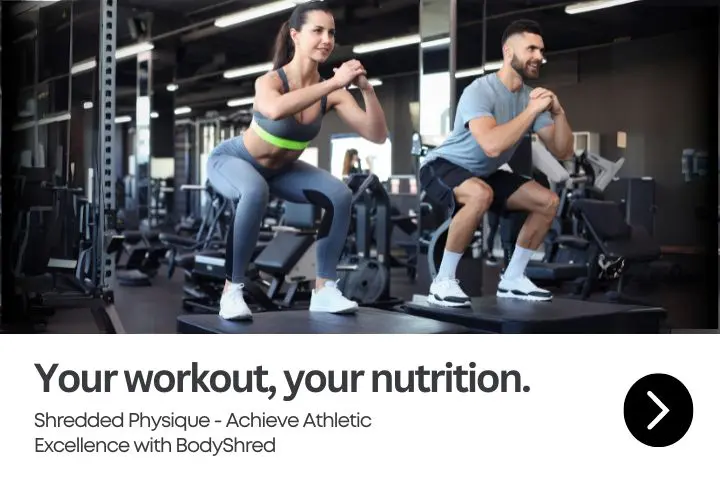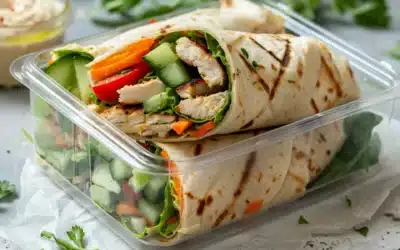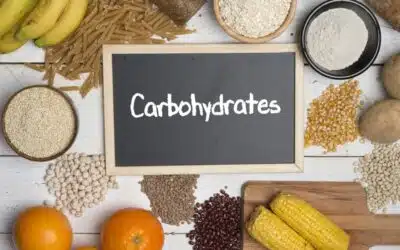In the realm of healthy eating, snacks often get a bad rap, but when chosen wisely, they can be powerful allies in maintaining energy and boosting nutrition. Nutrient-dense snacking is about more than just quelling hunger pangs between meals; it’s a strategic approach to fuel your body and sustain your energy levels throughout the day.
Snacks that are rich in nutrients do more than satiate. They provide a valuable opportunity to incorporate a variety of foods that support overall health, including those rich in vitamins, minerals, proteins, healthy fats, and complex carbohydrates. This article will explore the concept of nutrient-dense snacking and why it’s crucial for a balanced diet. We’ll uncover the secrets to selecting snacks that not only taste great but also nourish your body and keep you energized until your next meal.
Whether you’re looking for a mid-morning pick-me-up, a pre-workout boost, or a late-night treat, understanding the principles of nutrient-dense snacking can transform the way you think about and choose your snacks. Let’s dive into the world of smart snacking and discover how to make every bite count for your health and well-being.
Identifying Nutrient-Rich Foods for Snacking
Smart snacking revolves around choosing foods that offer a rich array of nutrients. Here are some key foods that make excellent choices for nutrient-dense snacks:
Fruits: Fresh or dried fruits like berries, apples, and bananas are great for a quick snack. They provide essential vitamins, fiber, and natural sugars for an energy boost.
Nuts and Seeds: Almonds, walnuts, chia seeds, and flaxseeds are not only high in protein and healthy fats but also contain valuable vitamins and minerals.
Yogurt: Greek yogurt or plant-based alternatives are excellent protein sources and often contain probiotics for gut health.
Whole Grain Crackers or Breads: These provide complex carbohydrates and fiber, which are important for sustained energy release.
Vegetables with Hummus or Dip: Carrot sticks, bell peppers, or cucumber slices with a side of hummus offer a crunchy, satisfying snack that’s full of nutrients.
Cheese or Cottage Cheese: For those who consume dairy, cheese and cottage cheese are good sources of calcium and protein.
These snacks not only satisfy hunger but also contribute to your overall nutrient intake for the day. By choosing these types of foods, you’re making smart decisions that support your health and energy levels.

Smart Snacking Strategies
Effective snacking is as much about what you eat as it is about how and when you eat. Here are some smart snacking strategies to help you make the most of your between-meal bites:
Plan and Prepare in Advance: Just like with main meals, planning your snacks can help you make healthier choices. Prepare and portion out snacks at the start of the week to grab them easily when you need a quick bite.
Listen to Your Body: Snack when you’re actually hungry, not just out of boredom or habit. Tuning into your body’s hunger signals can help you avoid overeating.
Balance Your Snacks: Aim for a mix of macronutrients – proteins, fats, and carbohydrates – in your snacks. This balance helps in maintaining energy levels and keeping you satiated longer.
Portion Control: Be mindful of portion sizes to avoid overeating. Pre-portioned snacks can help control the amount you eat.
Hydration: Sometimes thirst is mistaken for hunger. Ensure you’re well-hydrated throughout the day, which can also help with managing hunger levels.
Healthy Options at Hand: Keep healthy snacks readily available at home, in your office, or in your bag. This way, you’re less likely to reach for unhealthy options when hunger strikes.
By incorporating these strategies into your routine, you can ensure that your snacks are not only nutritious but also contribute to your overall dietary goals.
Snacking for Different Lifestyle Needs
Adapting your snack choices to fit various dietary needs and lifestyles is essential for maintaining a balanced diet. Here are some snack ideas tailored to different preferences:
Vegan Options: Look for snacks like vegan energy bars, fruit and nut mixes, or vegetable sticks with hummus. These are high in nutrients and align with vegan dietary restrictions.
Gluten-Free Choices: For those avoiding gluten, snacks like gluten-free crackers, rice cakes, or popcorn can be great options.
Keto-Friendly Snacks: If you’re following a ketogenic diet, focus on high-fat, low-carb snacks like cheese bites, olives, or nuts.
High-Protein Snacks for Athletes: Athletes or those looking to increase their protein intake might opt for Greek yogurt, cottage cheese, or hard-boiled eggs.
Healthy Snacks for Office Workers: Easy-to-eat and non-perishable snacks like whole grain crackers, dried fruits, or nut butters are ideal for the office environment.
Energizing Snacks for Active Lifestyles: If you lead an active lifestyle, choose snacks that provide a quick energy boost, such as fresh fruits, energy bars, or trail mix.
By considering these tailored options, you can ensure your snacks fit your specific dietary needs while still providing the necessary nutrients to support your lifestyle.

Avoiding Common Snacking Pitfalls
While snacking can be a healthy part of your diet, there are common pitfalls that can turn it into an unhealthy habit. Here’s how to avoid them:
High-Sugar Snacks: Often, snacks that seem healthy are actually high in sugar. Always check the labels and opt for snacks with natural sugars, like fruits, or those that are low in added sugars.
Over-Snacking Due to Skipping Meals: Missing meals can lead to over-snacking later. Try to eat balanced meals at regular intervals to avoid excessive hunger and overeating snacks.
Lack of Macronutrient Balance: A good snack should have a balance of proteins, fats, and carbohydrates. Avoid snacks that are overly heavy in one macronutrient, such as those high in simple carbs or fats.
Mindless Snacking: Eating snacks while distracted (like watching TV) can lead to overeating. Be mindful of your snacking and try to focus on your food when you eat.
Unpreparedness: Not having healthy snacks on hand can lead to choosing less healthy options. Keep a stash of nutrient-dense snacks in your home, office, or bag.
Snacking When Not Hungry: Sometimes, we snack out of boredom, stress, or habit rather than hunger. Check in with yourself to determine if you’re actually hungry before reaching for a snack.
By being mindful of these pitfalls and making conscious choices, you can ensure that your snacking habits support your overall health and nutrition goals.
Following a Fitness Meal Plan is a blueprint for achieving fitness goals. By carefully selecting a balance of proteins, carbohydrates, and healthy fats, along with plenty of fruits and vegetables, having a structured approach supports muscle growth, energy levels, and post-workout recovery, which is very important for active people.
Conclusion
Embracing the concept of nutrient-dense snacking is more than a dietary choice; it’s a step towards a more mindful and balanced approach to eating. Through the smart strategies and tips discussed in this article, we’ve seen how choosing the right snacks can positively impact our overall health and well-being. Whether it’s preparing snacks in advance, understanding the nutritional content of our choices, or being mindful of common pitfalls, each aspect contributes to a healthier snacking habit.
Nutrient-dense snacks not only provide the necessary fuel between meals but also offer an opportunity to increase our daily intake of essential nutrients. By incorporating a variety of wholesome foods into our snacks, we can enjoy a range of flavors while supporting our body’s nutritional needs. Remember, healthy snacking is not about restriction; it’s about making informed choices that satisfy, nourish, and energize.
We hope this guide inspires you to explore the delicious and nutritious world of snacking. By making small, conscious changes to our snacking habits, we can make a big impact on our overall dietary patterns and health.












